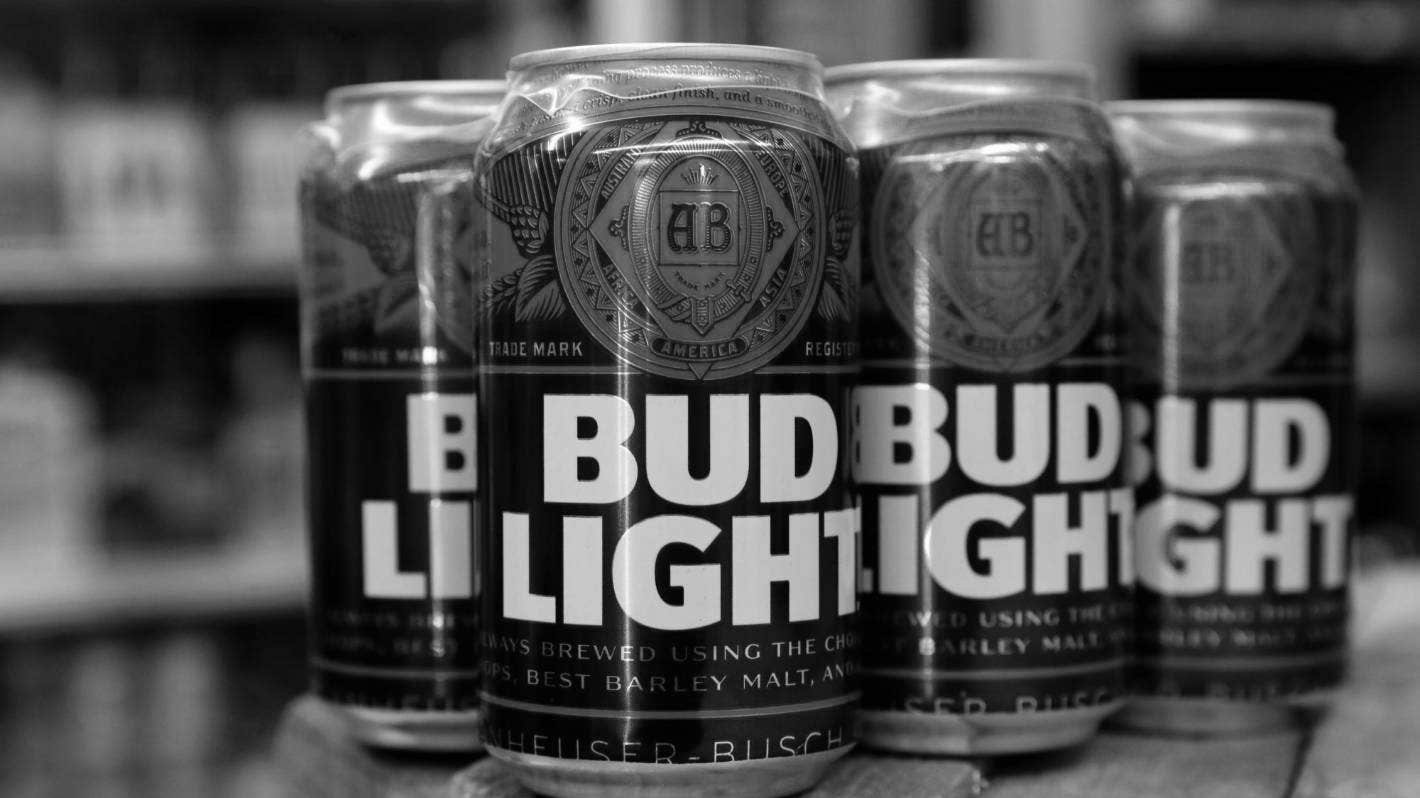Pride and Prejudice: brands having to walk on a societal tightrope
Outrage from conservative middle America saw Bud Light sales drop 25%, losing its position as the country’s top beer.
Appeared in Stuff 27 June 2023
Antony Young is co-founder of The Media Lab.
OPINION: Back in 1989, Anchor Butter featured a separated couple and Sam, their daughter, in its TV ads. There were initially some concerns expressed from Christian groups claiming it glamourised single-parent families. The Anchor family broke new ground at the time for an advertiser and went on to became one of New Zealand’s most loved ad campaigns. Advertisers are to be applauded for being at the front of societal trends. However, it’s not without risk.
Perhaps the most startling example took place earlier this year, when US beer brand Bud Light featured transgender influencer Dylan Mulvaney as a spokesperson in a social media campaign. The reaction from its drinkers was a disaster for the beer brand. Outrage from conservative middle America saw sales drop 25%, losing its position as the country’s top beer. The beer company then apologised for its marketing, which only added to its misery, with many bars in New York, Chicago and LA refusing to stock the brand in support of the LGBTQ+ community.
Knowing your consumer is the first rule of Marketing
There’s a fine line between virtue signalling or being refreshingly progressive. It starts with understanding your core customers. What is going to resonate or jar with them? The best marketers make it their mission to get out from behind their desks to know everything about their consumers. That’s why I like to physically visit clients’ stores, chat to frontline staff or trawl through consumer feedback personally. I recommend tuning-in to talk back radio or plugging into Twitter and TikTok. The insight can be raw, but real.
Dylan Mulvaney’s sponsored post on 2 April 2023
Today’s customers are conscious consumers
A global study found that 57% of consumers expect a brand to stand on important issues and to be visible. So, there’s good sound business reasons to do the right thing. Claiming your company is kind to the planet or ethical comes with its own health warning.
Advertising legend David Ogilvy once said, “the consumer is not a moron, she’s your wife.” The 2023 version of that is that she, he or they are online, and there’s nowhere to hide. Air freshener brand Botanica found out the hard way when Consumer NZ challenged its claim that their product was “nature inspired”. There are entire sites dedicated to calling out greenwashing.
Social media is a smoking gun
Today, social media has become the weapon of choice for activist consumers. It’s often unfiltered, loud and can spread like wildfire. Women activewear brand Gymshark faced a furore on social media when an image taken during a photo shoot was leaked. Hundreds of reactions on social media pointed out their lack of body diversity among the models featured. As in the case of Gymshark and Bud Light, mainstream media picked up on the story. Whether you’re a big multinational corporation or a small local business, the same rule applies … you need a plan in place to be able to assess and respond quickly and thoughtfully to avoid a reaction escalating.
Be a good company first
Every so often a brand like Nike will hit the mark. It did this with its campaign backing NFL player Colin Kapaernick who lost his opportunity to play by kneeling during the national anthem as a protest over racial inequality. They could back that up with a long record of supporting African American athletes and used it to launch multiple black community initiatives. But most companies and brands aren’t Nike. Consumers have their antennae out for brands just wanting to jump on the bandwagon.
To me, the best formula is to be a good company first. Do good. Make good products. Be a good employer. And then let your consumers know about it when they’re ready.
Antony Young is a co-founder of The Media Lab, Wellington’s largest independent media agency. He spent twenty years heading media and digital agencies in New York, London and Asia, before returning back to New Zealand.
You might also be interested in
GenZ’s are about to be your most important consumer
MARKETING MAGAZINE - State of media in 2023
Three reasons why you should consider an independent agency (Marketing and Advertising Daily)



